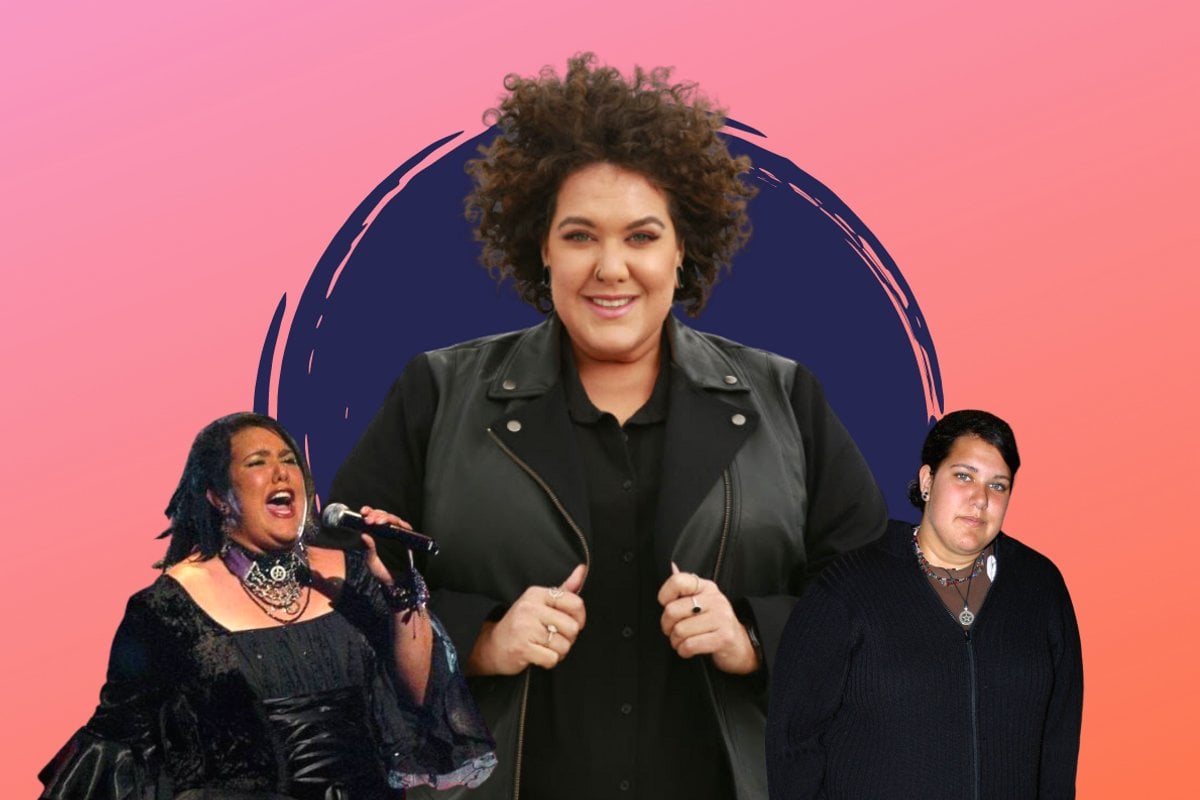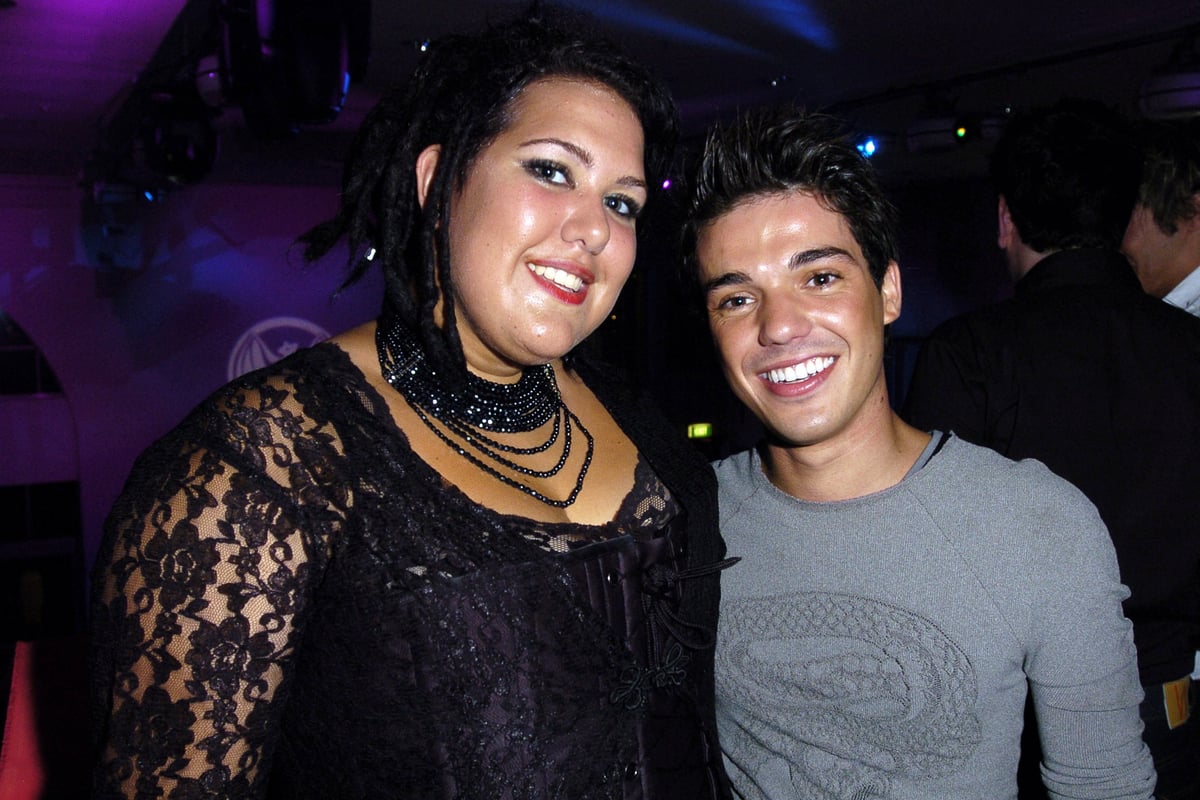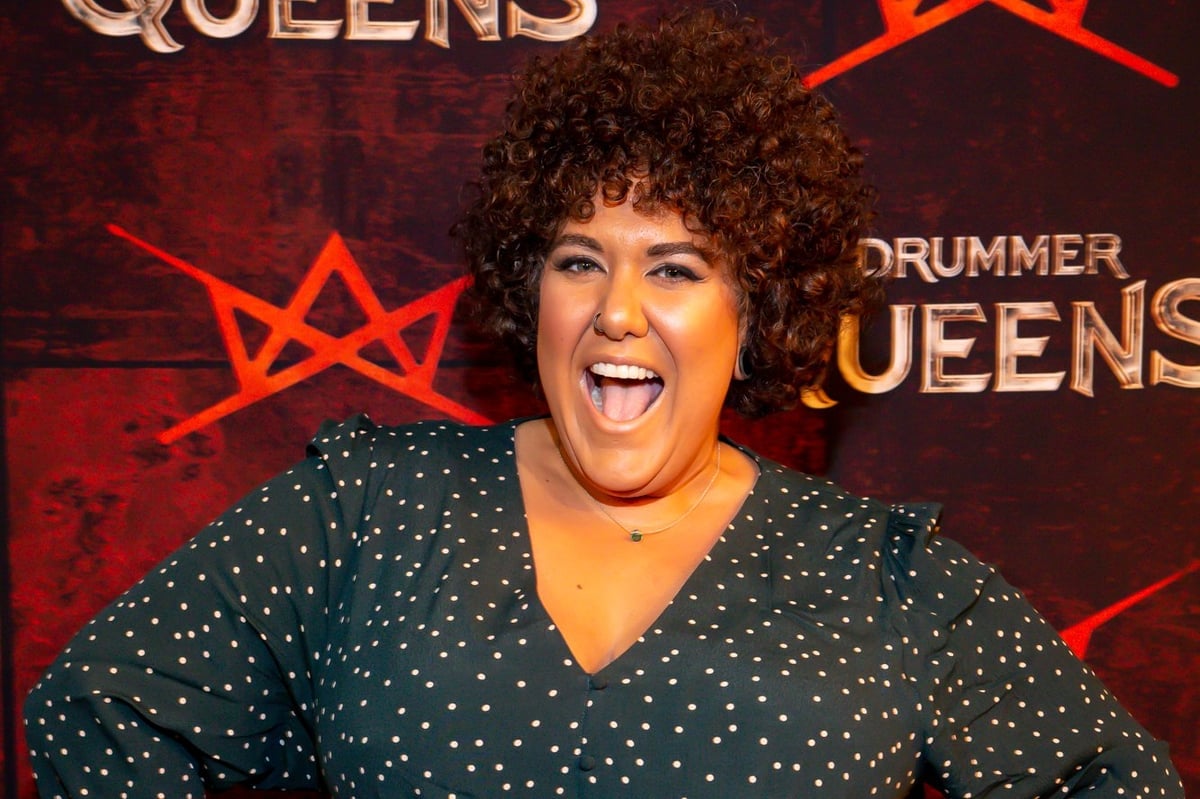
Casey Donovan was only a teenager when she became a household name right around Australia.
For weeks in 2004, the then-16-year-old Donovan would appear on our screens to sing her heart out on season two of Australian Idol, capturing enough of the public's votes to eventually see her crowned the series winner.
And while Donovan was a much-loved, talented contestant enjoying living out her musical dreams, there was another, less public competition playing out in her life: one between herself and her body.
Watch: SBS' What Does Australia Really Think About... series trailer. Post continues below video.
"Sixteen is a very tender age for a young woman. We're still learning about our bodies and finding out what we like with clothing and what we don't like, and being thrust into a national singing competition televised right across Australia, it was very daunting," Donovan told Mamamia ahead of her SBS What Does Australia Really Think About... episode examining attitudes towards obesity.
"I never really liked my body, I had a lot of body issues - always being the bigger kid and the bigger friend, I struggled."
Donovan and her fellow Idol contestants had access to stylists, but Donovan soon discovered there was nothing on hand that would fit her.




